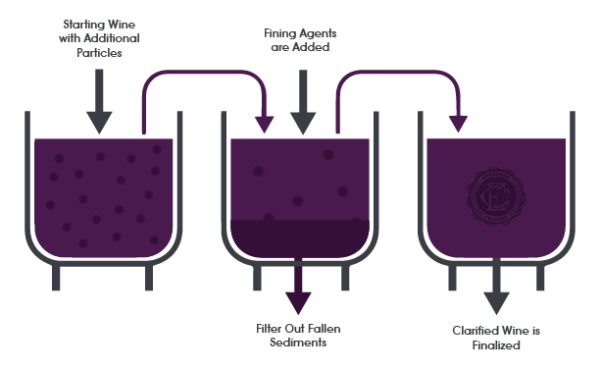

No longer to be dismissed as a ‘fad’, veganism is an indication of a new way of thinking around the integrity of the food and drink we consume. Wine is no exception. In addition to vegan wine, organic and biodynamic classifications of growing have become more prominent as consumers shift away from products that include pesticides. But how can a wine actually be vegan? Or not vegan? It’s just grapes, right? With multiple views and an increasing number of voices joining the conversation surrounding vegan wines, we’re here to set our vinous record straight.
Veganism is a strict vegetarian who consumes no food (such as meat, eggs, or dairy products) that comes from animals. Some definitions of veganism delve more into the philosophy, describing the treatment of animals used. For clarity*, we define vegan as those who do not use animal products in the production of their wines and does not extend to the respected, working animals of the property.
Work horses at Comando G
*Some people argue that using animals or animal products when farming the vineyard negates a wine’s vegan status. This view rules out most biodynamically farmed wines, due to their use of preparations such as horn or silica manure, and any vineyards that traditionally use horses for ploughing. At European Cellars we focus our vegan information solely on the winemaking process, but our website notes where winemakers work biodynamically.
It seems only natural that wine would be vegan given that it is made of grapes and fermented with yeasts, but the vegan status of wine is all to do with the process called ‘fining’. This is done to remove the naturally occurring haze of tiny particles in newly made wine. These particles are harmless, consisting of bits of grape skin, spent yeast, etc. However, many consumers don’t like or trust hazy wine and so some winemakers take steps to remove these particles.

Diagram of the refining process
Fining agents that can make a wine non-vegan include gelatin (protein from pig skins or animal bones), casein (milk protein), egg albumen (chicken egg whites) or isinglass (fish bladders). Yes, you read that right – fish bladders contain collagen fibers that clump together when put in contact with the wine. They bind with all the small suspended particles and sink to the bottom of the vat, so the clear wine can then be drained off. Agents like isinglass are more commonly used for whites and rosés, while egg whites are better suited for reds. Winemakers have come a long way since the days of using bull’s blood (a traditional fining agent, banned in the EU since 1997), yet animal products are still widely used.
While technically the fining agent is entirely removed from the wine by filtration afterwards, it’s possible minuscule traces could remain in the finished bottle. Winemakers are split on the need for fining: some think it strips the wine of some of its natural texture and character; for others, it’s an important part of ensuring the stability of the finished wine. Regardless of what side of this fence you happen to sit on, some consumers will always value the clear and faultless appearance of a product.
An organic label does not mean a wine is vegan (although often a sustainable approach in the vineyard goes hand in hand with low intervention in the winery). It’s a complex topic, and to the curious outsider it can add to the often seemingly opaque world of wine. At European Cellars we clearly mark on our website all wines’ vegan status and are constantly working to update and clarify our information to make it accessible to all. If you have any queries please contact info@europeancellars.com
Based on article from European Cellars partner, Indigo UK, titled “Smell something fishy? Clarifying the vegan wine debate“